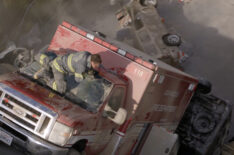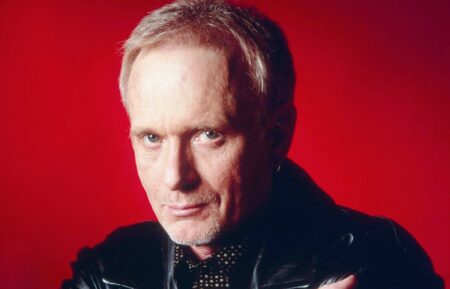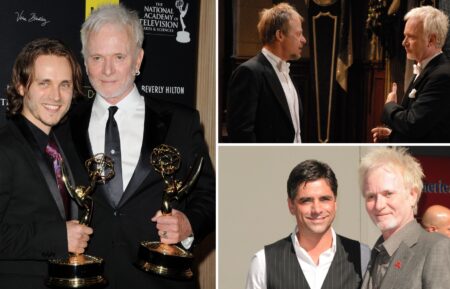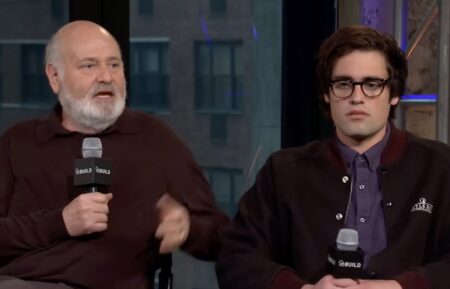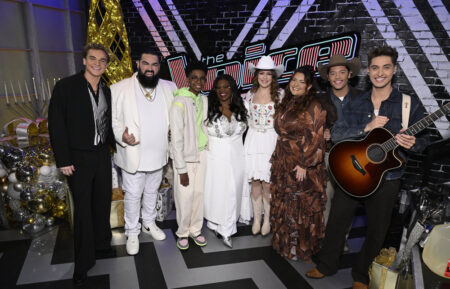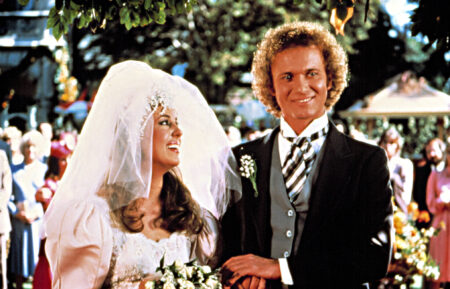’9-1-1’ Star’s Discrimination Lawsuit Over COVID Vaccine Firing Going to Trial
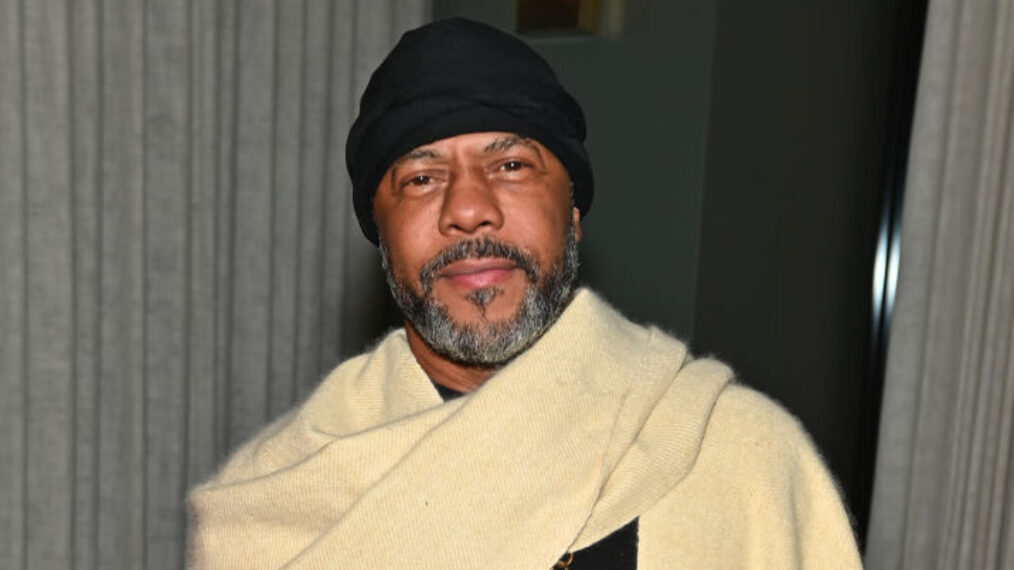
Following the lawsuit initiated by Rockmond Dunbar two years ago, a U.S. court has ruled that 20th Television must undergo a religious discrimination trial for firing the former 9-1-1 cast member over his refusal to take the COVID-19 vaccine, according to The Hollywood Reporter.
Dunbar’s character on the hit show (at the time on Fox, now on ABC) was unexpectedly written off during the ninth episode of the fifth season following Disney’s decision to not grant the actor a vaccination exemption. As a member of the Church of Universal Wisdom, Dunbar insisted that the studio discriminated against him due to his religious affiliation.
On Friday, U.S. District Judge Dolly Gee found that 20th Television may have potentially engaged in discrimination against Dunbar when they declined to allow him a religious exemption from receiving the COVID-19 vaccine. This marks the second time a ruling was made to pave the way for trial regarding a lawsuit that was made against a television studio for termination that had been triggered by a vaccine mandate.
The upcoming legal proceedings will determine whether Dunbar genuinely held religious beliefs as per the Church of Universal Wisdom and within the meaning of civil rights laws that went against receiving the vaccine mandate. The trial will also assess if there were reasonable adjustments that could have been made by the studio that would have allowed him to continue acting on the show without putting others at risk or imposing additional hardships.
Dunbar claims that Disney denied his request for a religious exemption because they don’t believe that he is a true believer in the Church of Universal Wisdom. If 20th Television is found guilty of religious discrimination, the verdict could impact how studios handle allowing exemptions to vaccine mandates in the future.
This alleged discrimination made by 20th Television is in direct violation of Title VII of the Civil Rights Act, which prohibits employment discrimination of race, color, religion, sex and national origin. The studio questioned the sincerity of Dunbar’s religious beliefs, claiming that he had taken many actions that go against the beliefs of the church, including having undergone medical procedures months before refusing the vaccine.
Dunbar responded to these claims in court by stating that he had spoken with God, and he “permitted [him] to act differently.” Dunbar also claims that he was told “that the COVID-19 vaccine was made from evil and that it will compromise [his] spirit and that it was not for [him].”
U.S. District Judge Dolly Gee expressed skepticism at Dunbar’s claims, stating that communing with God is not a “blanket privilege that undermines our system of ordered liberty.” But ultimately, she decided the Dunbar’s lawsuit over his COVID-19 vaccine firing will head to trial.
“And so it is here,” Judge Gee wrote. “Defendants identify evidence that seems to undermine the sincerity of Dunbar’s religious beliefs, but Dunbar has also presented evidence that suggests — under a lower than preponderance burden — that his beliefs are strongly held and genuine nonetheless.”

